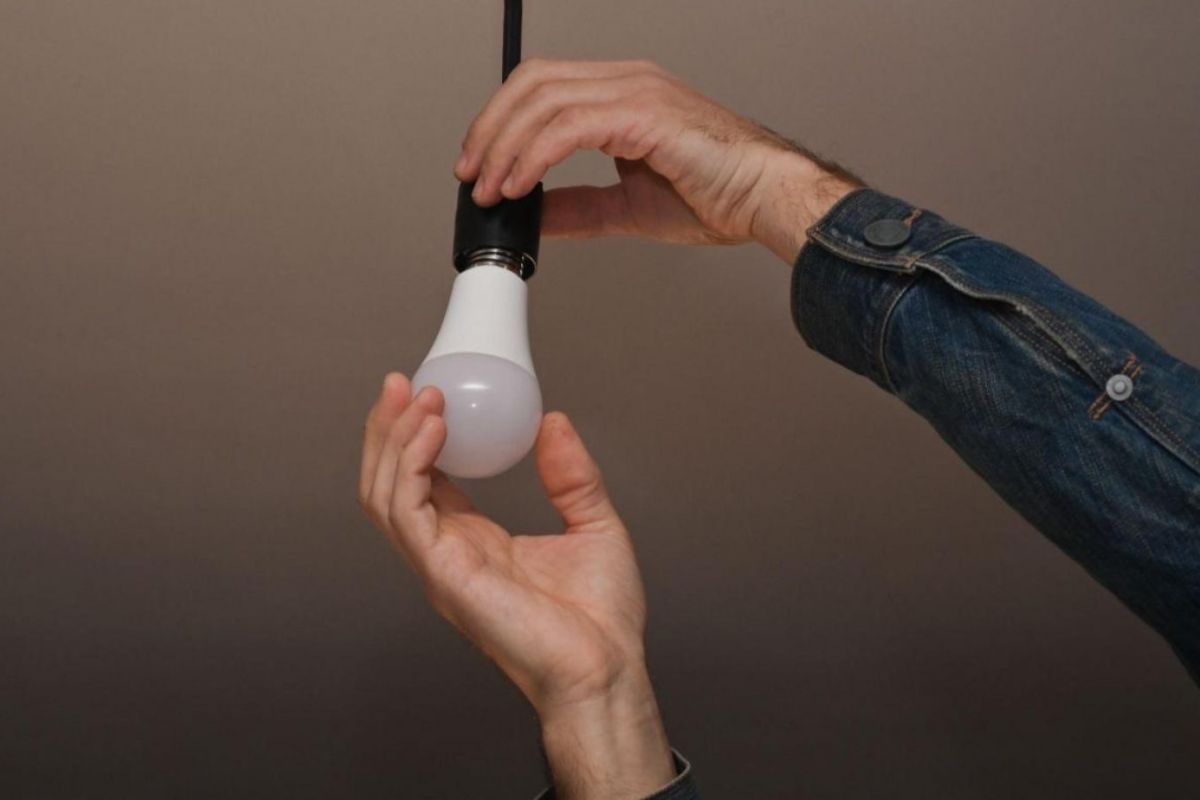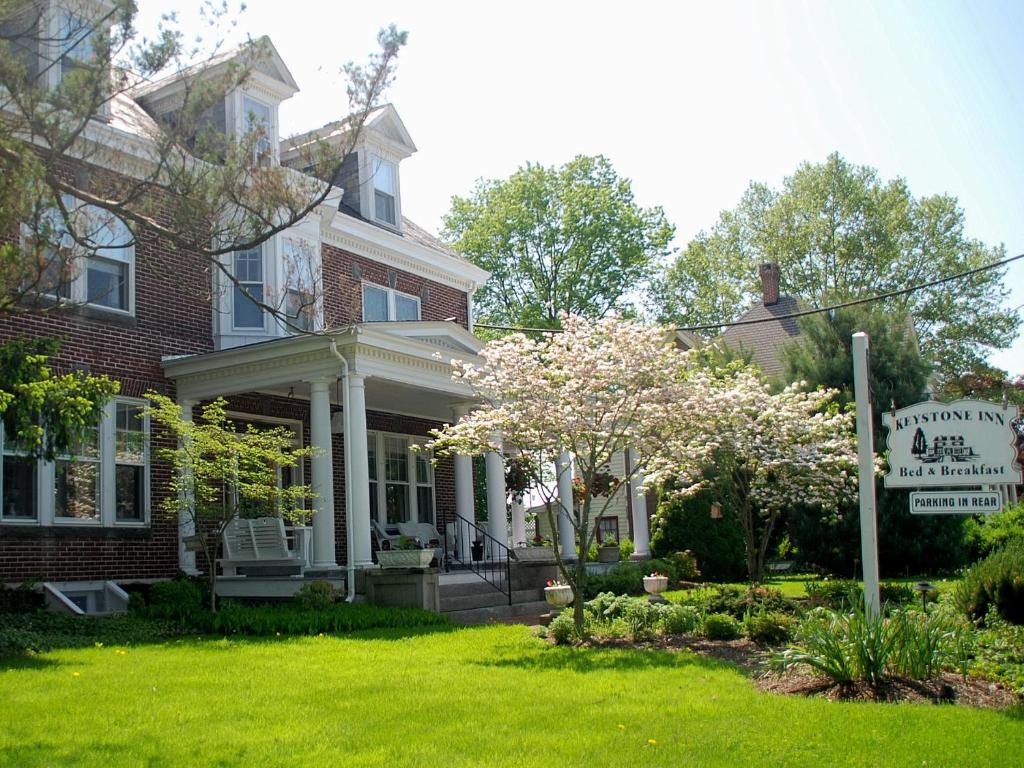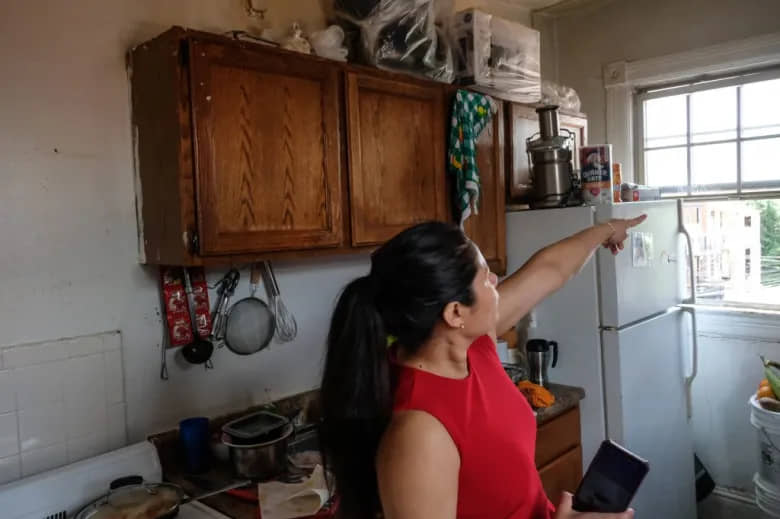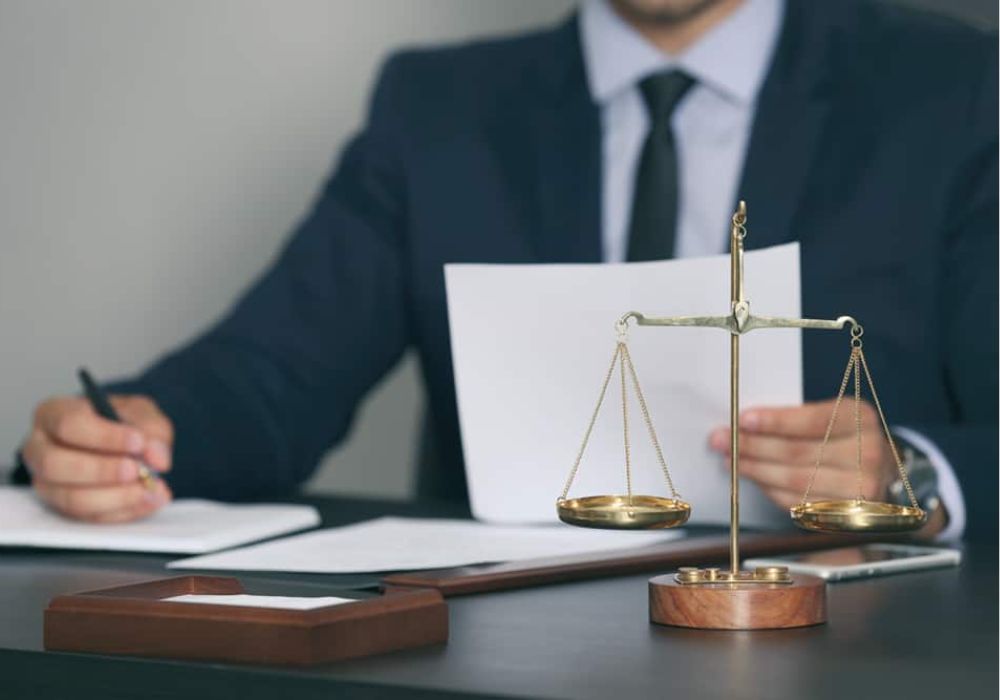In the realm of tenant-landlord law, one fundamental concept that forms the cornerstone of rights and responsibilities is exclusive possession. This principle grants tenants the right to have full control over their rented premises, within the boundaries defined by the lease agreement and the law. In this article, we will delve into the intricacies of exclusive possession, exploring its significance and addressing common questions that tenants may have.
What is Exclusive Possession?
Exclusive possession refers to the tenant's right to occupy and control the rented premises without interference from the landlord, as long as the tenant complies with the terms of the lease and the law. It provides tenants with the freedom to live, express themselves, and enjoy their homes in ways that are legally permissible.
Legal Basis: Wis. Stat. 704.05(2)
Wisconsin Statute 704.05(2) explicitly states that tenants have the right to exclusive possession of the premises until the lease expires or the tenancy terminates, provided they are not in default. This legal provision ensures that tenants can exercise their rights within the boundaries set by the lease agreement and applicable laws.
Exceptions to Exclusive Possession

While tenants generally enjoy exclusive possession, there are a few exceptions to be aware of:
Landlord Entry
Landlords have the right to enter the rental unit at reasonable times to conduct repairs, inspections, or show the premises to potential tenants or buyers. However, they must provide advance notice, typically at least 12 hours, unless it is an emergency situation.
Emergencies
In cases where the landlord believes immediate entry is necessary to preserve or protect the premises, they can enter without prior notice.
Gray Areas and Potential Challenges
Certain scenarios can present challenges or uncertainties regarding exclusive possession. Here are a few notable gray areas:
Frequent Landlord Entry
If a landlord enters the rental unit excessively, tenants may question the reasonableness of such entries. While the law does not specify the frequency explicitly, landlords must ensure their entries are reasonably necessary, particularly for significant repairs.
Shared Spaces
When tenants rent rooms within a larger house, shared spaces can raise questions about exclusive possession. In general, tenants must abide by the rules set for these shared areas, even if they differ from the provisions outlined in the lease or the law. The lease agreement should provide clarity on which spaces are considered a tenant's private area.
Peaceful Enjoyment
Peaceful enjoyment is a legal concept that emphasizes a tenant's right to enjoy their rental home without interference from disruptive neighbors or conditions. If one tenant's actions infringe upon another tenant's peaceful enjoyment, the affected tenant can request the landlord's intervention.
How can tenants resolve issues regarding landlord entries?
When tenants encounter problems that hinder their exclusive possession rights, they have several options for resolution:
Landlord Entry Problems
Tenants experiencing issues related to landlord entries can file complaints with Consumer Protection, pursue legal action in Small Claims Court, or contact law enforcement, depending on the severity of the situation.
Peaceful Enjoyment Problems
Communication with the landlord is crucial in addressing problems that impact peaceful enjoyment. In extreme cases, where resolution is not possible, tenants may consider constructive eviction, filing restraining orders, involving the police, or terminating the lease, depending on the circumstances.
FAQs about Exclusive Possession in Tenant-Landlord Relationships
Can a landlord enter my rental unit without notice?
No, in most states, landlords are required to provide notice before entering a rental unit, typically ranging from 24 hours to two days. A few states may require "reasonable" notice.
What can I do if my landlord enters my unit excessively?
If your landlord is excessively entering your unit without proper notice and it is interfering with your quiet enjoyment of the property, you have a few options. First, document each instance of unauthorized entry, including dates, times, and any relevant details.
Then, communicate your concerns to your landlord in writing, requesting that they adhere to the required notice period. If the issue persists, you may consider contacting local authorities or seeking legal advice from an attorney familiar with landlord-tenant laws in your area.
Do shared spaces fall under exclusive possession?
No, shared spaces typically do not fall under exclusive possession. Shared spaces, such as common areas in an apartment building or communal spaces in a co-working office, are areas that are meant to be used by multiple tenants or occupants.
Exclusive possession refers to the right of an individual to have sole control and use of a specific area or property. In shared spaces, tenants do not have exclusive possession as they must follow the rules and guidelines established for the use of those areas.





